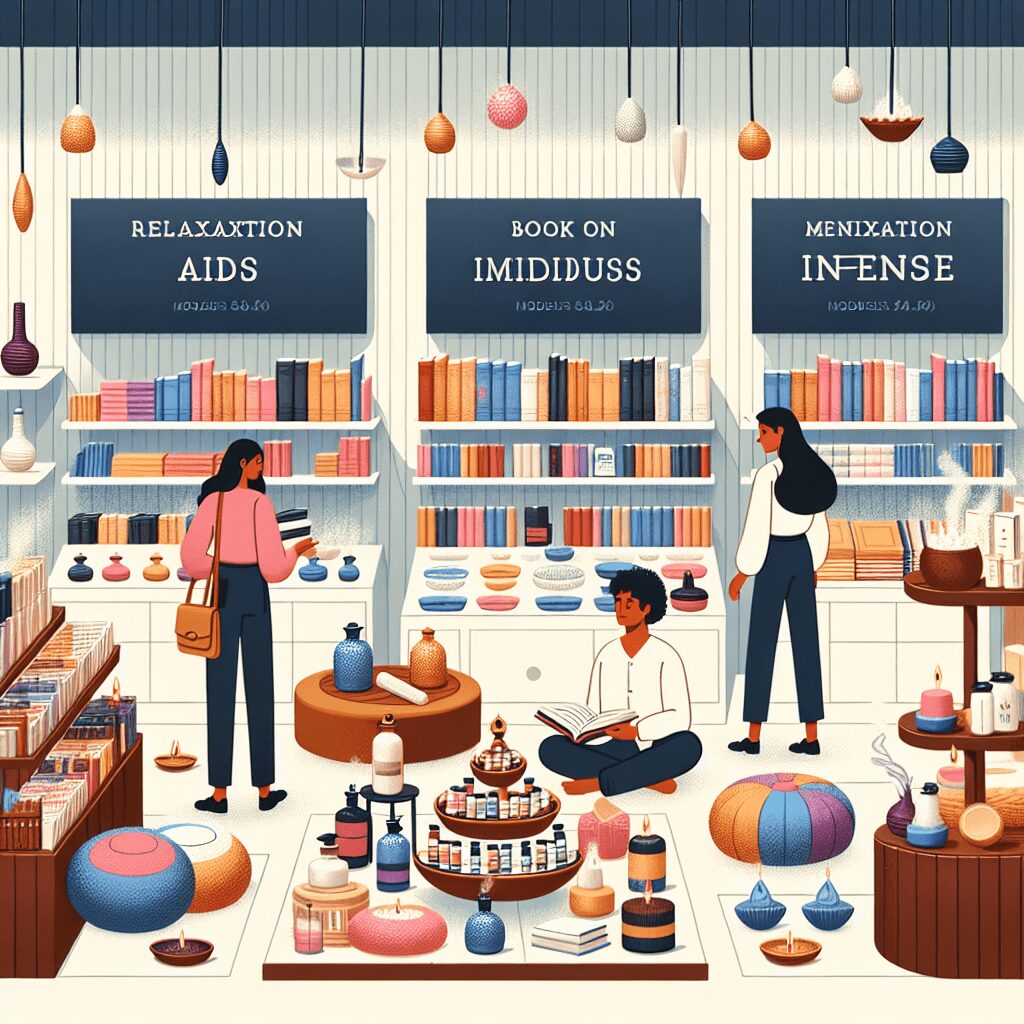
Prioritize your mental well-being daily. Enhance your life by nurturing your mental health with the Smart Meditation app. Break free from stress, alleviate anxiety, and enhance your sleep quality starting today.
Is Prozac A Tricyclic Antidepressant?
Unraveling the Mystery: Prozac’s True Identity
In the vast and sometimes bewildering expanse of mental health medications, Prozac stars as a household name. Its fame, not just a whisper among the corridors of psychiatric clinics but also a staple of cocktail party banter, often gets tangled with misconceptions, particularly regarding its classification. With terms like Tricyclic Antidepressants (TCAs) and Selective Serotonin Reuptake Inhibitors (SSRIs) floating around, it’s easy to see where confusion might set in. So, what’s the skinny on Prozac? Let’s get down to the brass tacks and unveil the truth.
Prozac: A Pill of a Different Color
Alright, so here’s the scoop: Prozac, known by its less charismatic moniker, fluoxetine, is not, I repeat, NOT a Tricyclic Antidepressant. That’s right. It’s time to clear the air and set the record straight. Instead, Prozac belongs to a newer, sleeker family of antidepressants known as Selective Serotonin Reuptake Inhibitors, or SSRIs for short.
The SSRIs vs. TCAs Showdown
So, why the mix-up? Well, back in the day (think mid-20th century), TCAs were the go-to for treating depression. These meds, including names like amitriptyline and imipramine, were pretty effective but came with a baggage of side effects that could make a burly sailor blush – we’re talking dry mouth, dizziness, and more. Fast forward to the late 1980s, and Prozac enters the scene, revolutionizing depression treatment with its sidekick SSRIs.
What Makes Prozac Stand Out?
-
Targeted Action: SSRIs like Prozac are more like a sniper, focusing narrowly on increasing serotonin levels in the brain, thus improving mood and anxiety symptoms. TCAs, on the other hand, are akin to a scattergun, affecting multiple neurotransmitters and, therefore, coming with a higher risk of side effects.
-
User-Friendly: Prozac and its fellow SSRIs are generally considered to have a friendlier side effect profile than TCAs. This means fewer unwanted extras, like severe drowsiness or weight gain, making them a more palatable option for many.
-
A Safer Bet: In situations of overdose, SSRIs tend to be safer than TCAs, a not-so-minor detail that has certainly contributed to their preference among prescribers.
To sum up, while both SSRIs and TCAs are knights in the battle against depression, they hail from different orders. Prozac’s lineage as an SSRI marks it as a part of a more modern brigade, designed with precision and user-friendliness in mind. So, next time the topic of Prozac pops up, you’ll have the lowdown on its true identity and why it’s not to be mistaken for its older TCA cousins. Knowledge is power, after all, especially when demystifying the complex world of antidepressants.




